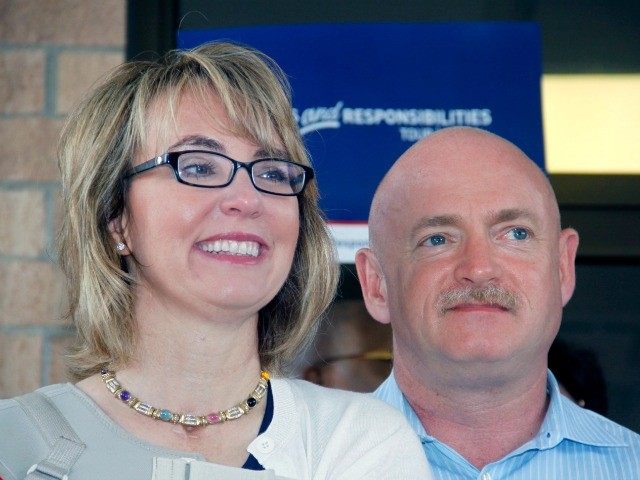Hey, remember that time when the EPA blew a hole in the side of an abandoned mine and flooded the surrounding river basin with millions of gallons of toxic sludge? Ah… good times, my friends. At the time we wondered if they were going to fine themselves for all of the ecological damage they caused. Well, no such luck, natch. But there were some fines discussed. They came up in conversation when the mine owner tried to keep them from messing around with site. Todd Hennis had some experience with the EPA in the past and they had caused some similar leaks at another property of his. This time he told them he didn’t want them in there messing around, but they made their position clear. (Washington Examiner)
Mr. Hennis said he opposed having the EPA investigate leakage from the inactive mine near Silverton, Colorado, because he had tangled with the agency in previous years over its work at another mine he owns in Leadville, Colorado.“I said, ‘No, I don’t want you on my land out of fear that you will create additional pollution like you did in Leadville,’” Mr. Hennis told Colorado Watchdog.org. “They said, ‘If you don’t give us access within four days, we will fine you $35,000 a day.’”The EPA has admitted that its agents accidentally unleashed the acidic flood, which has since contaminated the San Juan River in New Mexico and seeped into Lake Powell in Utah, albeit in very low concentrations.The Interior Department and the EPA’s Office of Inspector General are investigating the circumstances leading up to the accident, while at least two House committees are also expected to hold hearings on the spill.
It turns out that Watchdog Colorado was all over this earlier in the week and the story seems to check out. There was a dump of a significant amount of toxic chemicals back in 2005 and it was indeed another of Mr. Hennis’s properties.
But the EPA escaped public wrath in 2005 when it secretly dumped up to 15,000 tons of poisonous waste into another mine 124 miles away. That dump – containing arsenic, lead and other materials – materialized in runoff in the town of Leadville, said Todd Hennis, who owns both mines along with numerous others.“If a private company had done this, they would’ve been fined out of existence,” Hennis said. “I have been battling the EPA for 10 years and they have done nothing but create pollution. About 20 percent (of Silverton residents) think it’s on purpose so they can declare the whole area a Superfund site.”
If Mr. Hennis is correct, the earlier incident was far more egregious. The EPA had collected large quantities of sludge and dumped it down a shaft in the New Mikado mine without telling Hennis that they were doing it. The chemicals later leached into the local water supply. So is somebody going to investigate precisely what these EPA characters have been up to out there in the mountains? Senator John McCain has called for an investigation, but even if they do find that some serious skulduggery has been going on, what do they do after that? I mean, who do we normally call to investigate an environmental disaster and determine what damages, if any, are due? We call the EPA. Are we going to have them investigate themselves?
What could possibly go wrong?








